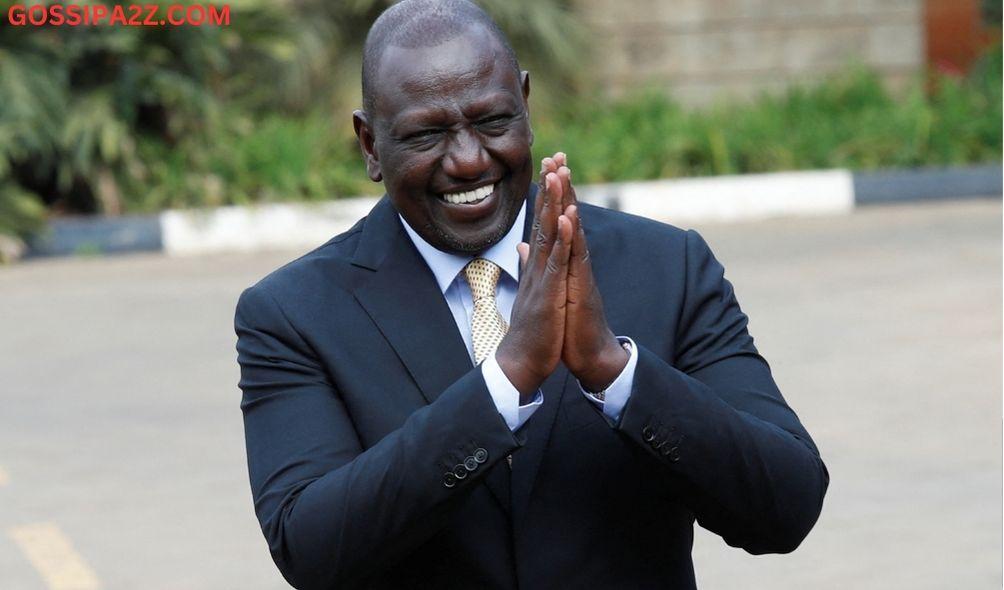Kenyans Furious Over 7 Recent Price Surges: List
For the better part of Friday, Kenyans from all corners of the country lamented President William Ruto’s regime’s sudden decision to increase fuel prices.
The protests followed a long sequence of price hikes that have been enacted within the first year since Ruto took over the reins.
The period between 2022 and 2023 witnessed a notable surge in the cost of various goods, adding to the challenges faced by the country in the wake of the pandemic. The implementation of multiple proposed and enacted taxes has exacerbated the situation, leaving many Kenyans feeling downcast.
One of the most significant price hikes occurred in fuel prices, with a liter of petrol reaching an all-time high of Ksh 211. The Energy and Petroleum Regulatory Authority(EPRA) attributed this increase to the 16 percent Value Added Tax (VAT) on petroleum products, as stipulated in the Finance Act of 2023.

Subsequently, the fuel price hike had a domino effect, prompting the Matatu Association to announce fare increments ranging from Ksh 30 to Ksh 50, depending on peak and off-peak hours.
“For instance, a matatu that initially charged Ksh100 during peak hours will now charge between Ksh120 or Ksh150. We will also extend the peak hours which previously lasted from 6:00 am to 8:00 am, and will run up to 10:00 am,” Brendan Marshall, traffic coordinator and senior MOA member said in an interview with PoliticalPulseChat.
ALSO READ: Raila Gifts Ruto D- in First Year Scorecard And Gives Way Foward On Maandamano
Liquefied Petroleum Gas (LPG) prices have also witnessed a sharp increase. For instance, refilling a 3 kg gas cylinder at Total Energies now costs Ksh 830, while a 6 kg cylinder is priced at Ksh 1280, and a 13 kg gas cylinder is now priced at Ksh 2900.
Furthermore, essential commodities such as cooking oil experienced a surge in prices. In 2022, a liter of cooking oil was as high as Ksh 450, a figure that has somewhat decreased to approximately Ksh 340 this month, though it remains significantly higher than prices from two years ago. Flour prices have remained consistently high, retailing at approximately Ksh 220.

Almost all other commodities have also seen a rise in prices, including even basic items like salt.
Meanwhile, residents of Nairobi have been hit particularly hard due to additional taxes and levies imposed by Governor Sakaja.
Notably, an increased daily parking fee of Ksh 300, up from Ksh 200, sparked resistance, especially given the 16 percent VAT tax on fuel that at the time was in the process of being implemented.
Additionally, the governor introduced new fees targeting open-air preachers and artists, further burdening the city’s residents.
For instance, lunchtime preachers at Juvanjee Gardens and Kamukunji Grounds are now required to remit Ksh 500 daily to the county government.
Similarly, those shooting music videos in these areas face charges of Ksh 5,000 per hour and Ksh 10,000 per hour for commercial video shoots.
Kenyans Furious Over 7 Recent Price Surges: List
